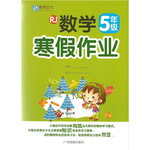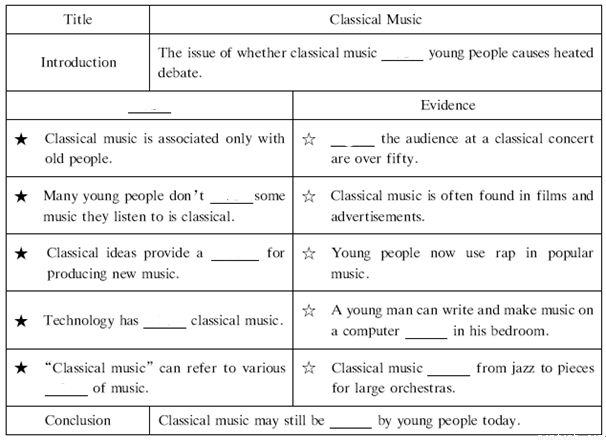题目内容
_______ China views US-Japan relationship will have an effect on China’s military policy.
A. When B. Why C. What D. How
D
【解析】
试题分析:考查关系副词的辨析。A当......时,B是......的原因,C什么,D如何,由题目可知是中国如何看待美国和日本的关系,句意为中国如何看待美国与日本的关系对中国的军事政策有影响。故选D。
考点:考查关系副词的辨析。

练习册系列答案
 黎明文化寒假作业系列答案
黎明文化寒假作业系列答案
相关题目
